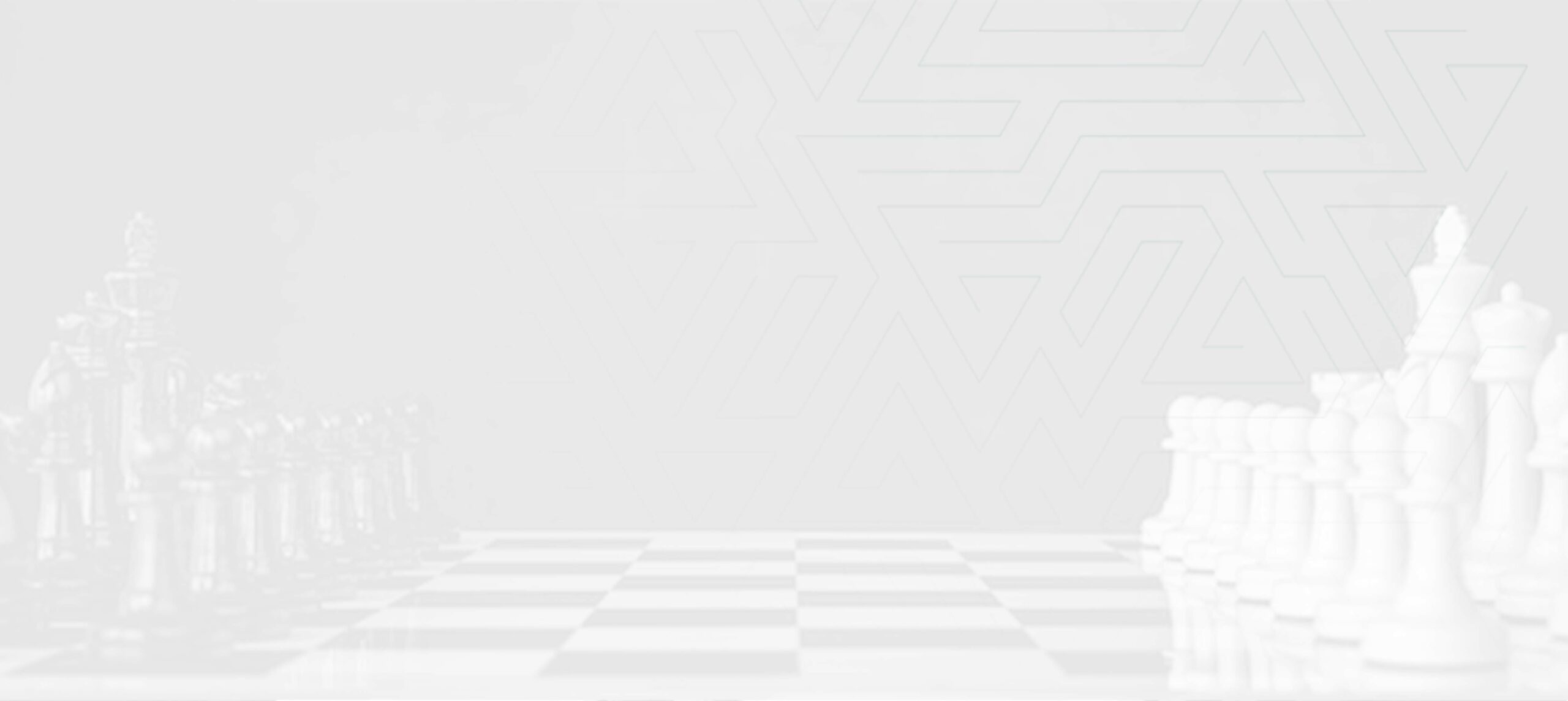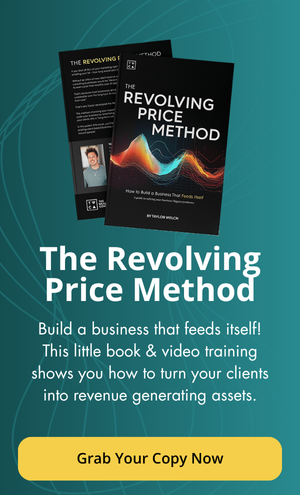Seeing 20 Moves Ahead
Let’s talk about Grand Masters. No, not Marvel villains or ancient secret societies. Chess Grand Masters. These are people who can see 20 moves ahead while their opponent is still deciding whether to touch the knight or the bishop.
Fun fact… They’re not seeing more. They’re seeing less.
And that’s exactly what makes them lethal.
The secret lies in chunked data. Over time, the human brain learns to recognize patterns, compress information, and operate with elegant simplicity. While beginners frantically scan every possible move, a Grand Master sees structure. Flow. Strategy. They filter out the noise and lock in on the specific moves that actually impact the game.
This isn’t just about chess. This is about business, and those who play it at the highest level.
High-performance entrepreneurs operate on the same frequency. They strategically focus on less, but do so with laser precision and unbreakable follow-through. They’ve trained their minds to cut through complexity and operate like a Grand Master scanning a chess board.
But to get there? You’ve got to embrace the path of mastery. And mastery is a psychological game.
Let’s break it down.
The Three Types of Lessons (Yes, You’re Still a Student)
There are three types of lessons on the entrepreneurial journey. Ignoring any of them is like playing chess with half a board.
1. New Learning
This one’s the obvious kind. It’s when you acquire something you’ve never encountered before. Maybe it’s the first time you study paid acquisition or dig into operational systems to create some internal leverage.
New learning is exciting, but it’s also dangerous. It feels like progress even when it’s not. Information without implementation is intellectual entertainment. The real utility is in applying what you learn.
2. Relearning
This is where seasoned players live. Relearning is when you revisit a principle you already know… but now you deeper level of it. Maybe you’ve heard “cash flow is king” a hundred times, but today it hits differently because you’re managing a $200k ad spend.
Relearning sharpens mastery. It’s where nuance is born.
3. Unlearning
The most uncomfortable of the three. This is about letting go of things that once worked. Beliefs, tactics, habits. The stuff that got you here may not get you there.
An entrepreneur who’s scaling past 7 figures has to unlearn the hustle that got them to 6. Letting go of control, reframing effort, changing leadership style. Unlearning is often painful, but it’s the price of evolution.
Speaking of evolution, as you ascend through the levels toward mastery, it’s important to understand the tension between standards and expectations.

The Distortion Field of High Standards
Imagine an NBA player coming off the bench and dropping 15 points. Solid game. He’s pumped. Crowd’s hyped.
Now picture Michael Jordan scoring 15. He’s fuming. Embarrassed. Media’s asking what’s wrong.
Greatness warps expectations.
This is what happens when you become elite. Your “normal” begins to distort. What used to be hard becomes expected. Your baseline rises. And while outsiders might admire your output, you feel like you’re just warming up.
Entrepreneurs experience this all the time. And it’s NOT a bad thing. This is crucial to understand.
You celebrate your first $10k month… until it becomes standard. Then $100k feels like survival. This isn’t greed or dissatisfaction. It’s what happens when your standards catch up to your potential.
And the only way to maintain this distortion field without burning out?
You anchor into three core traits…
The Trifecta of High-Performance Business Builders
Let’s talk about the unsexy stuff that separates the consistent winners from the crash-and-burn operators.
1. Gratitude
Not the fluffy “write down three things” version. We’re talking about a grounded, daily recalibration of your mindset. When you’re building at a high level, the stakes are bigger, the stress is real, and the margin for error is constantly shrinking.
Gratitude is a “centering” tool. It lets you lead from fullness rather than fear. And over time, it becomes a performance essential… not a feel-good practice.
2. Responsibility
This one’s a non-negotiable. High performers don’t blame the economy, their team, or the algorithm. They own the outcomes. All of them.
Why? Because when you take responsibility, you gain control. Even when the situation wasn’t your fault, making it your responsibility puts the power back in your hands.
Let’s go back to our basketball analogy (sorry non-sports fans… hang in there – there’s a good point to be made here). If Michael Jordan walked off the floor after scoring 15 and his team losing the game, and immediately started pointing fingers at the coach, his teammates, the fans, or whatever else… what would happen? Not only would it lower his status in the eyes of the public, but it also would weaken his leadership in the locker room. Suppose the team, their morale now depleted, begins to collapse and go on a 7-game skid where they lose over and over.
All because of lack of ownership.
If, on the other hand, MJ takes full responsibility for the loss and his lackluster performance (by his own rigorous standards) something very different begins to happen. His status is elevated by the weight he’s put on himself, and his team rallies around him and is galvanized by his leadership. Two very different potential outcomes. One very simple act… taking responsibility.
3. Attribution
This is the game inside the game. Attribution is your ability to map cause to effect. To know what lever produced what result. It’s the difference between scaling with confidence or guessing your way through growth.
Most entrepreneurs are blind here. They don’t have clear data, clean processes, or insight into what’s actually driving their success. A Grand Master knows the whole board—and what each piece does.
You want mastery? Start here.

Mastery Isn’t a Mystery… It’s a Mindset
Playing smarter > working harder. Like a Grand Master, you learn to see more by focusing on less. You stop chasing every tactic and start refining your thinking. You raise your standards, rise to meet them, then raise them again.
And if you’re serious about stepping into that level of play, we’ve got just the next move for you…
Grab your copy of The Wealthy Consultant by Taylor Welch and start thinking like the elite do. Because business isn’t checkers. It’s chess. And it’s your move.

